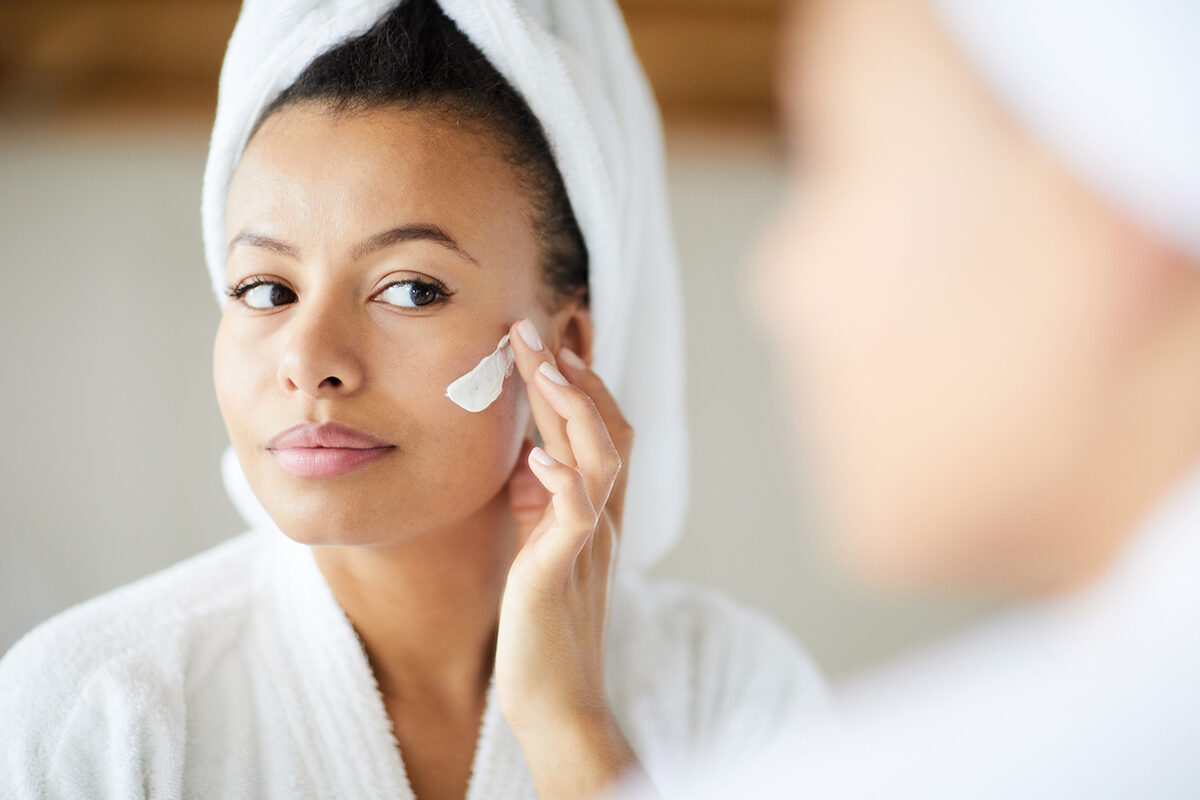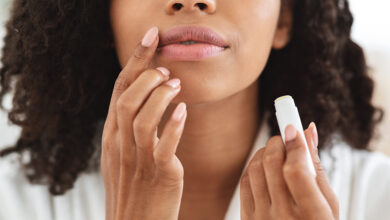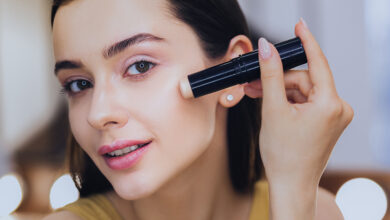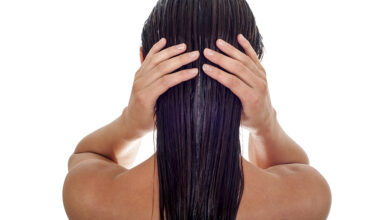New norms: How 2020 redefined beauty
The year’s biggest trends present even bigger market opportunities in the personal care industry
When someone asks, “How are you?” in the year 2020, our usual answers don’t cut it. We’re likely to respond with something like, “I forget what month it is” or “Everything is weird, my sourdough failed, and I just adopted 6 kittens.”
We’re fine, thanks for asking.
With everything that’s been going on —health crises, politics, environmental disasters, you name it — personal care routines suddenly don’t seem like the biggest priority. It’s hard to think about moisturizing right now! Other people react differently, shut out the world and indulge in pampering.
The beauty industry has always been tied to social change. In the roaring 1920s, for instance, women won the right to vote and entered the workforce in droves. They abandoned the pale, sickly look of Victorian “shrinking violets” in favor of more vibrant makeup, regular bathing and a proper skincare regimen. That’s a good look.
More than 100 years later, the world is facing another round of major upheavals. Personal care formulators have a responsibility to adapt and respond to the changing social landscape.
Let’s take a look at the big topics on everyone’s minds today, how they affect the personal care industry, and how formulators and suppliers can work together to address consumer needs.
COVID-19 brought stronger, simpler skincare
Coronavirus changed our lives in obvious ways: we wear masks, we wash and sanitize our hands a lot, and we are more selective about how we spend our time. If we have kids at home, we have to entertain them 24/7 and help them study. After spending an endless amount of time at home, we start reevaluating our choices — like, is a 15-step skincare regimen not just the tiniest bit of overkill?
Life in lockdown lends itself to a minimalist beauty routine. People
are reorganizing, decluttering, changing homes and jobs, friends and
partners — you get the picture. With all that time to think, consumers
are more focused on finding a select few products that work best for their skin types.
(Read more on this topic)
Plus, with all that handwashing, people need to make sure their skin barrier stays strong. There’s a big demand for cleansing and sanitizing products that prevent dryness and itching. (Read more on this topic)
Celebrating multicultural skin and hair
The renewed urgency surrounding the racial justice movements in 2020 sent a resounding message to people all around the world: Black, indigenous and people of color (BIPOC) deserve visibility in all areas, from the political arena to the beauty industry.
For personal care formulators, that means designing products with a diverse consumer base in mind. BIPOC have distinct hair and skincare needs that often go unaddressed by standard products. For example, there are significant gaps in the market for textured hair products, and consumers are asking for product performance data based on multicultural skin types and tones before release. In other words, they want studies to show products are safe for their lovely curls, coils and skin. (Read more on this topic)
Climate change and the environment
Floods, wildfires and bushfires, earthquakes, oil spills and locust swarms — we would need a Netflix documentary to cover all the environmental disasters that happened in 2020. Maybe three. (Read more on this topic)
With all that’s happened, it’s clear consumers are more environmentally aware than ever. In personal care, consumers want sustainable, naturally-sourced ingredients in their products, and they want proof. That’s where we’re seeing a call for greater transparency in ingredient supply chains.
Science is key
It’s hard to tell what’s true in today’s cultural climate, and when it comes to beauty, consumers are craving some concrete science.
With health and safety top of mind, personal care shoppers want clean ingredients from brands they trust. Regardless of whether those ingredients are naturally-derived or synthetic, it’s important to have claims backed by cold, hard data.
Did you miss our conversation with Cocokind Founder & CEO
Priscilla Tsai, Voyant Beauty Chief Innovation Officer Lorne Lucree, and
Beautycounter VP of Product Development Amy Humfleet, on the future of
clean beauty? You’re in luck! Check out the recording of our fun dialogue here.

Find beauty in the chaos
COVID-19 has shifted consumers’ main priorities in personal care products to safety and self-care. Our formulators utilized our portfolio of innovative ingredients to create the COVID Concept, a series of formulations for hands, face, and hair inspired by the consumer’s need to prepare, protect, and pamper during the pandemic. Check out these new formulas below:
- Jammin Jelly Handwash
- Elemental Protection Facial Moisturizer
- In-Between Care Moisturizing Gel Lotion
- Biome Barrier Boost Stick
- Still Care Lipwear
- Color Refreshing Crème Cleanser
- Balance the Biome Scalp Mask
As the possibility of a second wave of COVID-19 looms, these formulations can offer peace of mind when it comes to safety, as well as allow for a momentary escape from the stressful changes in daily routines.
The personal care industry can’t fix all the world’s problems. But amidst the chaos, personal care products can provide a few precious moments of calm. As cosmetic formulators and marketers, we have the ability (and responsibility) to affect meaningful change and address consumer concerns in their daily lives.
The team at BASF Care Creations can help you with delivering the right claims, claim substantiation and formulation know-how. We provide robust data packages on our products, extensive studies and testing, supply chain transparency, and decades of expertise in the personal care industry.
Oh, and our big, beautiful list of ingredients can easily be browsed via our Ingredient Insider tool, which helps you find the clean beauty ingredients you need. (Access Ingredient Inside Here)
Have questions? Ready to get started? Let’s have a chat. Contact Us








